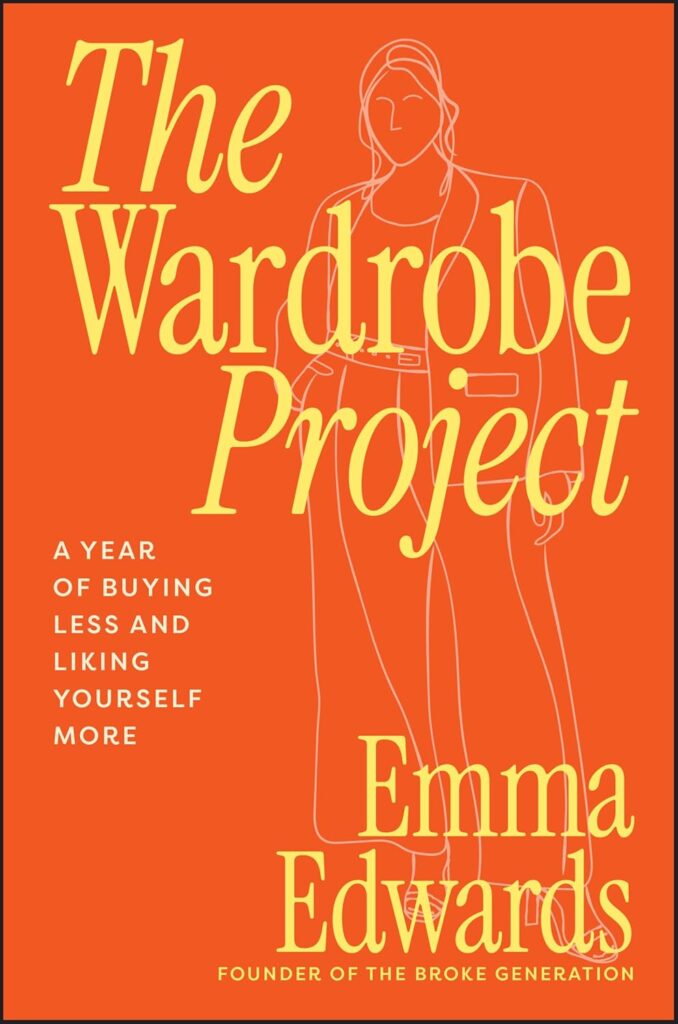Saturday night drinks have turned into a group therapy session with my closest girlfriends. We sip our cocktails while venting about unbeatable fatigue, irritating bosses and pointless meetings. Despite each woman representing various industries (law, finance, healthcare, psychology and medicine) our lamentations have a similar thread: our workplaces don’t really give a shit, they only pretend to.
We feel like Andy Sacks in The Devil Wears Prada, constantly pouring from an empty cup with minimal relief. The only tangible benefit appears to be burnout and exhaustion.
It turns out we aren’t alone, either. According to SEEK’s Workplace Happiness Index, 45% of Australians are unhappy at work. The 2024 Wellness at Work report delved deeper into this considerably large statistic. It’s likely due to higher rates of burnout, where 66% of Australian’s reported symptoms of burnout in the last three months. Among this statistic, women and Gen Z were most at risk.
Most workplaces offer small incentives to encourage staff wellbeing, ranging from yoga classes to onsite gym facilities. The lucky ones will enjoy pretty bathrooms and free tampons.
Other industries are much less glamorous, boasting nothing more than a barbeque for Melbourne Cup Day. On ‘R U OK day’ my manager handed out boxes of chocolates to boost staff morale.
They lure you in with shiny incentives, while failing to dive deeper into workplace culture and psychological wellbeing.
In a health obsessed post-pandemic world, wellness is becoming a core focus. It comes as no surprise that companies are opting to implement healthcare strategies to reduce adverse stress associated with employment.
Sure, offering free yoga classes after work is a cool benefit, but is it enough to create cultural change?
No. It is the equivalent of applying a band aid to a broken arm.
With the rise of wellness benefits comes ‘carewashing’, a term used to describe an organisation’s misleading or lack of genuine care about their employee’s mental health. Instead, companies offer small incentives to tick the wellness box. It looks like they care when really, they are failing to investigate the true reality of workplace culture.
Carewashing is a thinly veiled attempt at promoting organisational wellness within a company. They aren’t investigating the cause of stress and burnout or conducting research into why staff are unhappy. They demonstrate a consistent lack of commitment to employee’s mental health, leading to poor workplace culture and dissatisfied employees.
Another hidden element of carewashing is when an organisation fails to assess the effectiveness of wellness benefits currently being offered. There are often little or no conversations surrounding mental health, ignoring the impact workplace culture has on staff wellbeing.
Mandatory employee benefits include superannuation deposits, leave entitlements and work entitlements. However, it is not compulsory to offer additional incentives such as mental health care, wellness perks, health insurance or flexible working conditions.
Interestingly, the latter are more likely to contribute to workplace happiness and reduce feelings of burnout and fatigue. The Happiness Index shows employees are more likely to feel satisfied with their jobs if additional wellness programs are offered.
Job satisfaction leads to increased productivity, higher profits and reduced staff turnover. Ignoring workplace culture and staff attitudes can create a dysfunctional organization, resulting in a toxic team.
The economic impact of burnout in Australia is $14 billion annually.
So, why don’t our employers care?
When deciding on employment in a new or existing role, you should consider how the organisation cares for their team. Research shows applicants are more likely to accept a job which offers meaningful perks. Benefits such as mental health support, ongoing wellness subscriptions and flexible working arranges can contribute significantly to workplace satisfaction.
You can negotiate these perks throughout the onboarding process or during regular performance reviews.
Salary negotiations aren’t always possible, so why not lobby for better working conditions? These elements could lead to improved performance, decreased occupational fatigue and a happier work life balance.
While it’s easy to think your employee won’t entertain your request, its far more economical than your resignation. The HR Industry Benchmark Survey in 2021 reported the average cost of hiring a new employee was $8 000 excluding the time it takes to recruit and train. Keep that in mind during your performance review.
Yes, burnout is common, but it shouldn’t be normal. Don’t quit your job dramatically like Bridget Jones in that scene. Instead, assess your options and make your job work for you.
Your employer should give a shit.
What can you do if your employer is carewashing?
Have the conversation
Normalise conversations with colleagues and managers around mental health and wellness. Talk about the services your organisation offers and discuss them with your team. Starting the conversation is the first step.
Do your research
What wellness programs do your workplace currently offer? Your company could be open to suggestions or further input.
Collect feedback from your colleagues
If you and your colleagues find current programs invaluable, record this feedback and escalate to your manager. This could instigate change and give you access to resources, which are more useful.
Talk to your manager
If your employer cares about staff wellbeing, they should be collecting information to ensure these services are creating tangible change.
Make suggestions
After talking to your colleagues and manager, you can offer improvements and solutions. Offering programs staff will utilise could save companies money.
Prioritise your mental health
If you are experiencing symptoms of burnout, listen to them. Do not gaslight yourself into thinking it is your fault. We spend most of our lives at work. Make sure your organisation aligns with your personal values.
Read more of our Thought-Provoking articles here.





